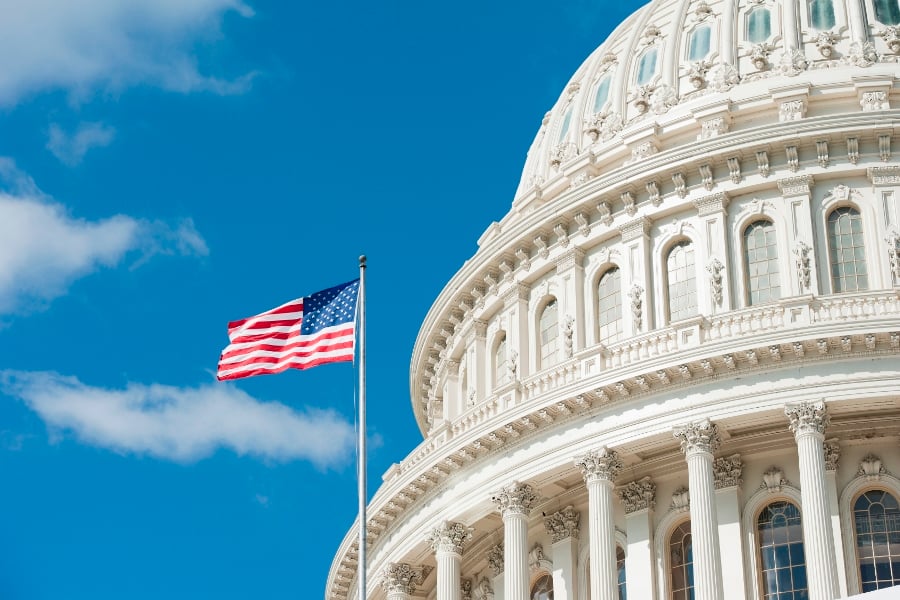The House Ways and Means Committee unanimously approved sweeping legislation Tuesday to increase retirement savings.
The
bill would make it easier for small businesses to band together to offer retirement plans to their employees, provide legal protections for employers to include annuities in those plans, require benefits statements to include projections of lifetime income and increase the age for required minimum distributions from 70.5 to 72, among several other provisions.
It also would encourage auto enrollment in employer retirement plans and allow long-term part-time workers to participate. One provision not related to retirement would expand 529 college savings plans to cover the costs of apprenticeship programs and homeschooling and allow funds in the vehicles to be used to pay down student loans.
Separately, the committee approved a bill, the
Taxpayer First Act, that would reform the IRS.
The retirement savings measure, Setting Every Community Up for Retirement Enhancement Act, incorporated provisions from
previously introduced bills, such as the Retirement Enhancement and Savings Act and the Family Savings Act. It now goes to the House floor for a vote by the full chamber.
The legislation raises tax revenue to pay for itself in part by requiring most recipients of inherited individual retirement accounts and other retirement plans to take distributions within 10 years.
Ways and Means Committee chairman
Richard Neal, D-Mass., said many Americans "face a retirement income crisis" and the prospect of sliding into poverty as they age.
"The SECURE Act goes a long way in addressing this problem by making it easier for Americans to save," he said before the panel vote. "This is landmark legislation."
Mr. Neal said the bill could lead to approximately 700,000 Americans gaining access to a workplace retirement plan for the first time.
The bill would take advantage of the strong economy, said Rep. Kevin Brady, R-Tex., ranking member of the panel.
"With the economy growing at its fastest pace in years, now is the perfect time to help folks save more and earlier for retirement," he said.
The bipartisan support in the House was
echoed in the Senate on Monday, when Senate Finance Committee chairman Chuck Grassley, R-Ia., and the ranking member, Sen. Ron Wyden, D-Ore., introduced a companion bill, which
they dubbed RESA.
"They're anxious to pick up this legislation and move it forthwith in the Senate, as soon as we can send it over there," said Rep. Ron Kind, D-Wisc., a coauthor of the SECURE Act.
Last year, Congress
failed to approve RESA in the waning moments of the lame duck session, requiring that it be re-introduced this year. Now supporters see strong momentum.
"The way it passed today in the committee is a big step forward to seeing a bill get enacted in both chambers this year," said Paul Richman, chief government and political affairs officer at the Insured Retirement Institute. "We're very encouraged that we'll see this bill move across the goal line."
In addition to IRI, the bill has wide support from financial industry trade associations, including the Securities Industry and Financial Markets Association, the American Council of Life Insurers and the National Association of Insurance and Financial Advisors.







